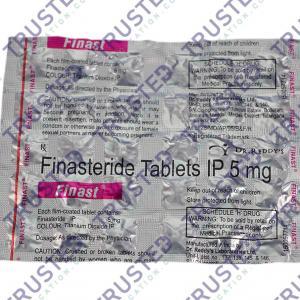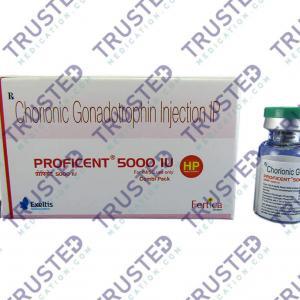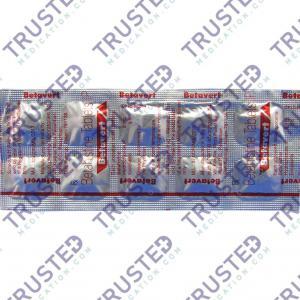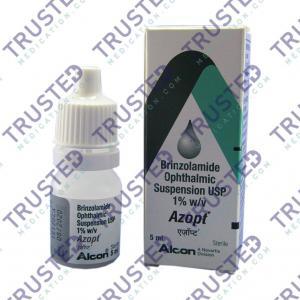
Air pollution comes from many different sources, some are man-made, and some are naturally occurring. Air pollution includes gases, smoke from fires, volcanic ash, and dust particles. Research shows that air pollution can worsen asthma symptoms.
What is Asthma?

This is a disease that affects your lungs. It’s a chronic condition that doesn’t go away and needs ongoing medical management. During an attack, three things can happen:
- Inflammation: The lining of your airways becomes swollen. Swollen airways don’t let as much air in or out of your lungs.
- Bronchospasm: The muscles around the airways constrict. When they tighten, it makes your airways narrow. Air cannot flow freely through constricted airways.
- Mucus production: During the attack, your body creates more mucus. This thick mucus clogs the airways.
Asthma symptoms include:
- Chest tightness or pain
- Shortness of breath
- Trouble sleeping caused by shortness of breath, coughing or wheezing
- Wheezing when exhaling, which is a common sign of it in children
- Coughing or wheezing attacks that are worsened by a respiratory virus, such as a cold or the flu
Signs that your asthma is probably worsening include:
- The need to use a quick-relief inhaler more often
- Asthma signs and symptoms that are more frequent and bothersome
- Increasing difficulty breathing, as measured with a device used to check how well your lungs are working
For some people, asthma symptoms flare up in certain situations:
- Allergy-induced asthma is triggered by airborne substances, such as pollen, mold spores, cockroach waste, skin particles and dried saliva shed by pets.
- Exercise-induced asthma may worsen when the air is cold and dry.
- Occupational asthma is triggered by workplace irritants such as chemical fumes, gases, or dust.
These attacks can be prevented and controlled long-term. Symptoms are usually controlled by knowing your triggers, avoiding them, and tracking your breathing to ensure your medications are working. You may need a quick-relief inhaler if you experience it flaring up.
Recommended treatment for asthma:
- Salmeterol – use this to control your breathing problems. This gives a relaxing effect on the bronchioles. This has a beta-receptor agonist that relaxes the smooth muscle of the airways. Thus, it stops the swelling that causes constriction. Salmeterol also works by lowering the inflammation in the lungs. It releases chemicals that will open up the tubes. Overall it gives smooth breathing.
What Are The Causes Of Asthma?
No single cause has been identified for it. Instead, researchers believe a variety of factors cause it. These factors include:
- Genetics – You are more likely to develop the disorder if a parent or sibling has it.
- History of viral infections – People with a history of severe viral infections during childhood, such as respiratory syncytial virus infection (RSV), may be more likely to develop the condition.
- Hygiene hypothesis – This theory explains that when babies aren’t exposed to enough bacteria in their early months and years, their immune systems don’t become strong enough to fight off the disorder and other allergic conditions.
Many factors can also trigger it and cause symptoms to worsen. Triggers can vary; some people may be more sensitive to specific stimuli than others. The most common triggers include:
- Environmental irritants
- Allergens
- Intense emotions
- Health conditions, such as respiratory infections
- Exercise
- Extreme weather conditions
- Pests
- Certain medications, including aspirin or nonsteroidal anti-inflammatory drugs (NSAIDs)
What Is The Connection Between Pollution And Asthma?
There is a link between asthma and air pollution, according to research. Air pollution, which contains harmful substances, can harm the respiratory tract. The development of wheezing and asthma in children has been linked to prenatal exposure to air pollution.
Asthma is more likely to develop after four years of age when exposed to air pollution early in life. The development of the disorder in school children is associated with traffic-related air pollution. Exposure to air pollution may cause it in children by affecting the developing lungs and immune system. Adults can also develop the disorder due to air pollution, especially traffic pollution.







